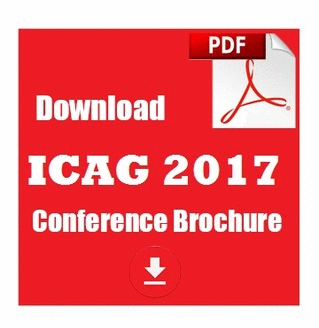
Élodie Vandenbergh
Université de Picardie Jules Verne, France
Title: Filling a pillbox from a medication prescription displayed on a tablet: Impact of presentation formats in young and older adults
Biography
Biography: Élodie Vandenbergh
Abstract
Statement of the Problem: Medication non-adherence in older adults is frequent. The fact that they don’t take drugs as prescribed is partly caused by age-related, prescription-related, and communication-related factors. If acting on age-related and prescription-related factors is not easy, in contrast, it is possible to modulate communication-related factors by adopting a patient-centered approach. For instance, some recent studies suggest that communicating prescriptions to elderly patients is facilitated when pictorial and table formats are used in comparison with classical ones. Surprisingly, most of the available data have been collected in studies using classical supports (paper or computers), but very few with tablets or touch-screen devices. Our main objective was to analyze experimentally the impact of two presentation formats (table vs. sheet) on older and young adult’s behavior while studying a medication prescription on a tablet, and when filling a pillbox afterwards. A facilitating effect of the table format was hypothesized.
Methodology & Results: 64 young and older adults studied two fictive week drug prescriptions at their own rhythm, and then filled a pillbox from memory. For each prescription, the pillbox filling occurred immediately after the study phase, then after a 30 minute delay. One prescription was displayed in a tabular format and the other in a sheet format. Medication studying time and pillbox filling scores were measured. As predicted, results showed that in the table format condition, prescription studying time was significantly shorter, and pillbox filling score higher, than in the sheet format condition.
Conclusion & Significance: The results of this study with older and young adults corroborate the findings of cognitive psychology on procedural document processing: when procedural information presentation is isomorphic to the structure of the procedure to execute, processing is then facilitated.

